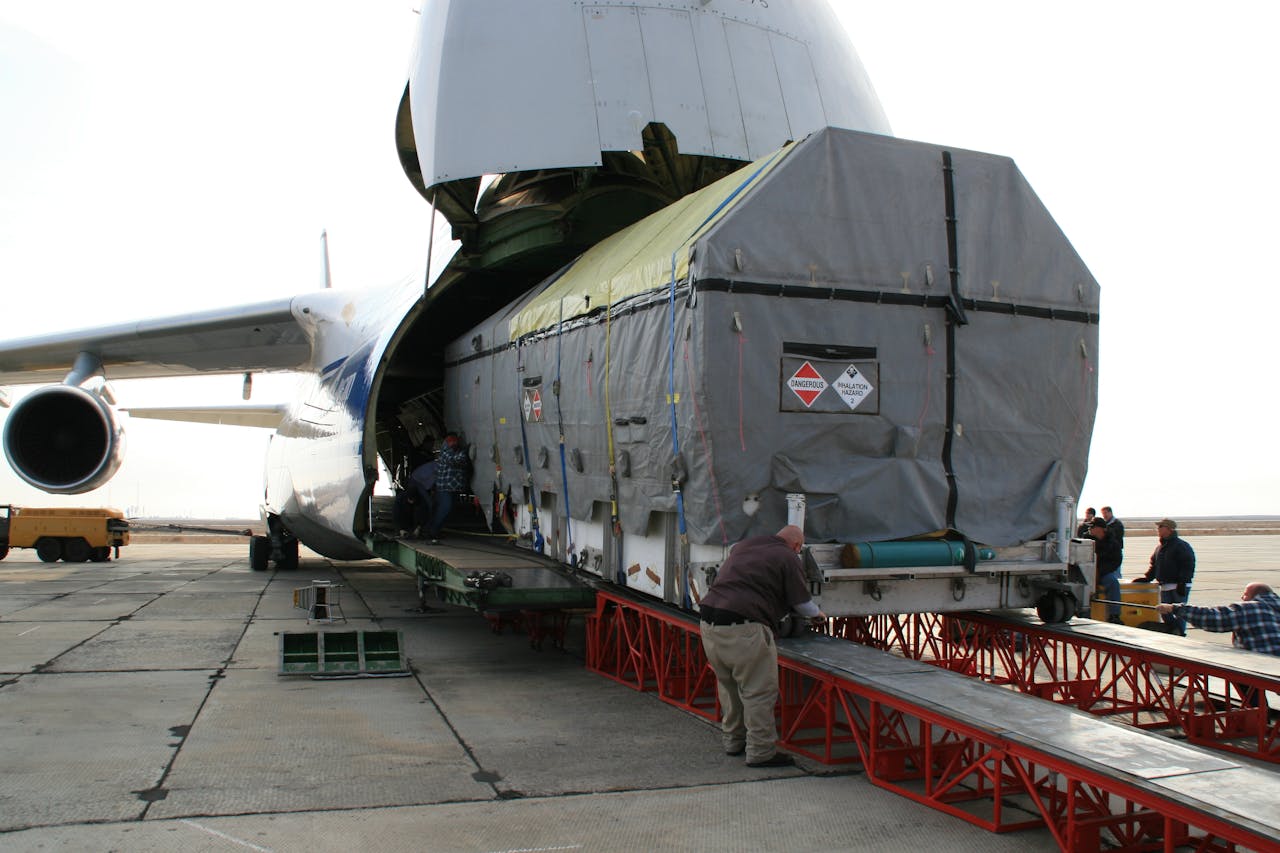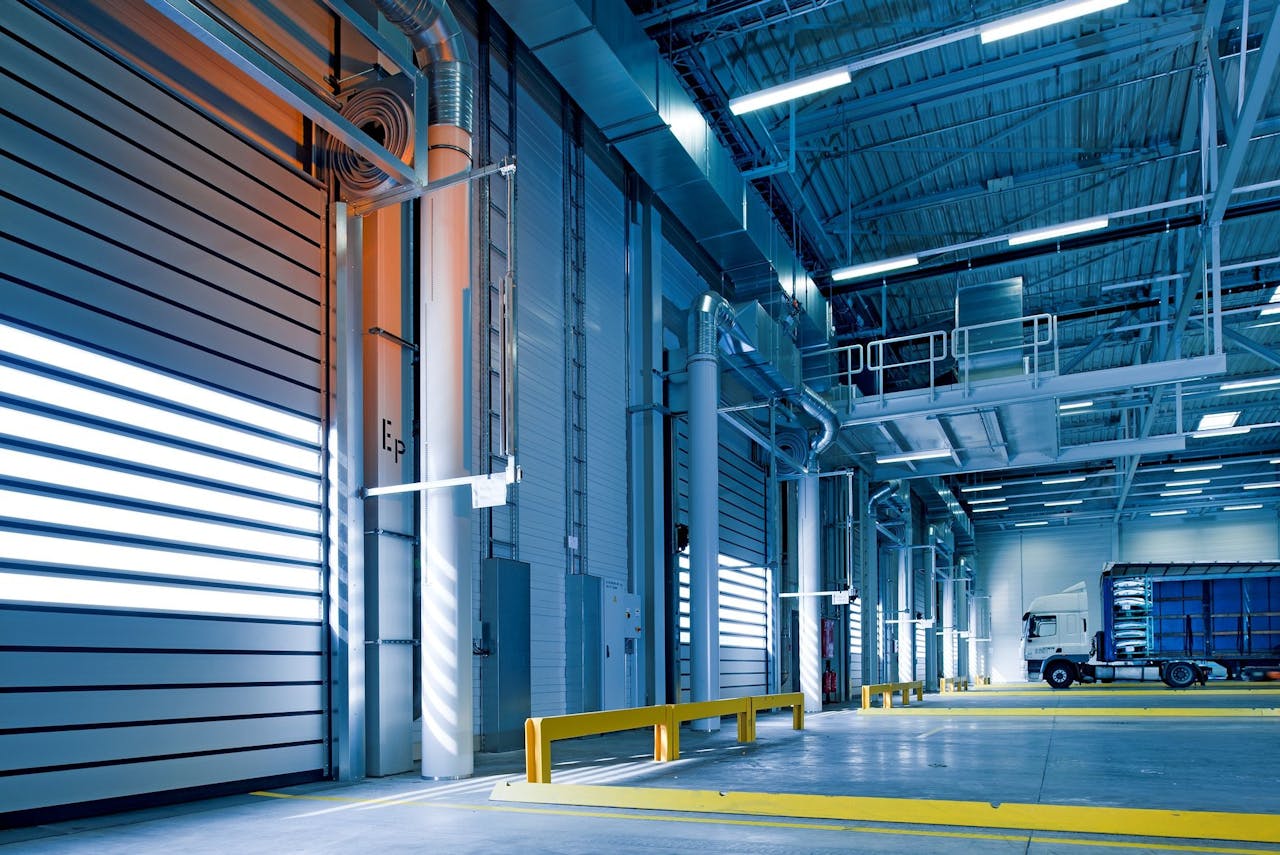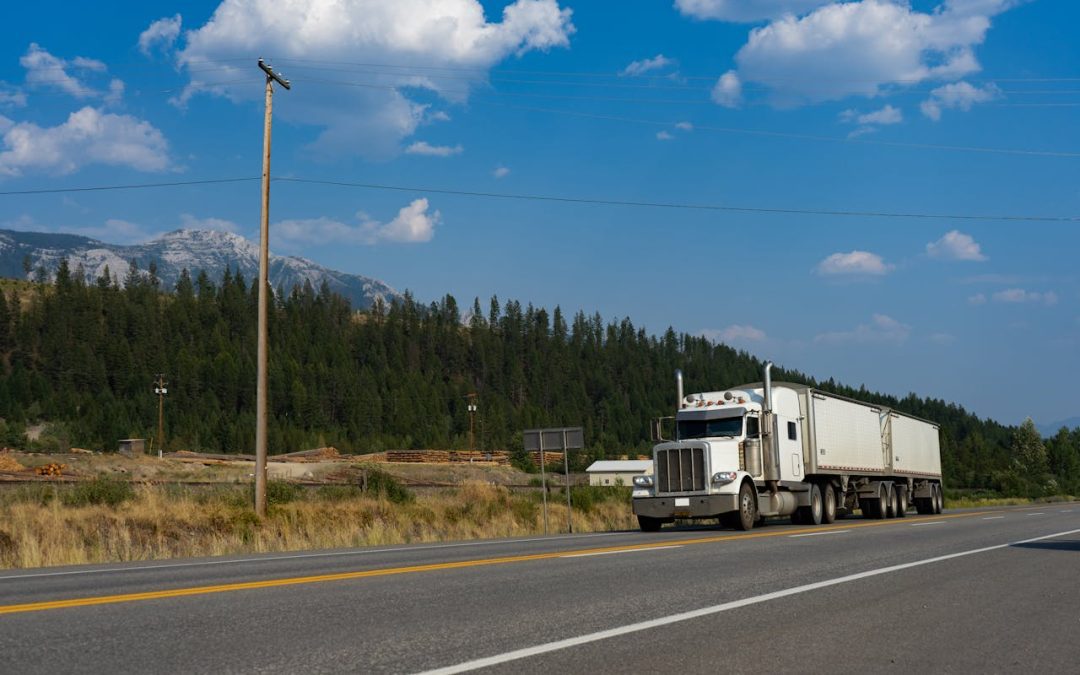Being environmentally responsible is vital for the logistics industry. With government targets for Net Zero by 2050, and a global move to sustainability, innovations in this sector are moving fast.
The good news is that they don’t just save the environment, they are also cost-effective and efficient, pushing the logistics sector to be at the very top of its game.
At Millennium Cargo, we take our sustainability obligations very seriously and ensure we work with partners who have a similar mindset. With innovations like these, we’re all reaching for a better future.
Eco-Fuels
The main drive for eco-friendly innovations is fuel. While fossil fuels are still used by much of the global infrastructure, the transition to eco-fuels is energetic. These include:
- Electric Vehicles – Electric vans and lorries are becoming increasingly popular for short-haul transportation. With all the advantages of a consumer EV – zero emissions, lower noise and cheap to run – electric vehicles are improving in range and efficiency every year.
- Hydrogen – Long-distance hauls make EVs impractical, but hydrogen fuelling offers a suitable alternative, though the infrastructure for refuelling is still somewhat in its infancy. As more logistics companies switch to Hydrogen, this will greatly improve and boost sustainable international road shipments.
- Sustainable Aircraft Fuel (SAF) – SAF is made from waste oils and biomass, and can be used in existing aircraft fleets for an easy transition. Air freight has never been so ecologically sound.
With government support, eco-fuels represent a primary focus for long-term evolution of the freight industry.
Multimodal Transport
Making optimal use of a combination of transport modes – road, rail, sea, and air – greatly cuts down on environmental impact.
Instead of over-reliance on road transportation, multimodal freight seeks to calculate the greatest efficiency possible when all options are properly considered.
Better logistics planning and an ongoing improvement in infrastructure make multimodal routes both greener and more cost-efficient than single transport choices.
At Millennium Cargo, we develop comprehensive multimodal plans for our customers, utilising our wide spread of transport partners to ensure sustainability at the lowest cost.

Smart Logistics
The logistics industry is not lagging behind when it comes to applying the latest technologies. AI-integrated logistics apply advanced planning models to improve efficiency in transportation. Routes are planned and adjusted in real time, with considerations made for current traffic conditions, the impact of weather, fuel usage and more.
This move to smart logistics means fleets run more efficiently, with optimised vehicle usage and intelligent reporting that cuts back on carbon emissions.
The impact of AI in the freight industry is helping shipping companies worldwide meet – and beat – sustainability targets.
Green Warehousing
An often overlooked cost to the environment, warehousing is also benefiting from the latest technologies. At a basic level, solar panels and battery storage lower energy costs, rainwater harvesting improves water use, and LED lighting means the energy drain is significantly reduced – but it’s just the start.
Energy management systems are now available to monitor and control HVAC systems, keeping internal conditions perfect without increasing costs or waste. Meanwhile, automated picking and packing systems enhance efficiency and minimise materials.
Advanced warehouse architecture and design improves insulation and natural light – bringing buildings closer to net zero, while intelligent siting places warehouses closer to key hubs to limit transportation.
Green warehousing is a significant part of the supply chain that greatly improves the eco-responsibility profile for the whole logistics industry. At Millennium Cargo, we work with the responsible modern warehousing partners to ensure your impact on worldwide sustainability is minimised.

Sustainable and Recycled Packaging
Inefficient packaging has long been a problem for the freight industry, both with the waste generated through the materials themselves, and the poorly optimised space used in transportation.
Thankfully, modern freight packaging is well-considered, made from recycled plastics, biodegradable materials and reusable containers. Pallets made from composite materials reduce weight and fuel consumption, while improved packaging techniques lead to smaller shipments and an increase in consolidated cargo.
With billions of packages moving across the globe every week, the positive impact of sustainable packaging cannot be overstated.
Top-Level Reporting
Analysing data and measuring statistics is vital to understanding the ecological impact and determining the right paths for improvement. The use of AI-assisted data analytics tools means more companies can properly evaluate and adjust their methods. Emissions reports can be evaluated easily, allowing businesses to identify their personal impact and make targeted changes for their ESG goals.
Tools are available in real time, allowing for responsive adjustments through the chain, for both short-term improvements and long-term strategies.
Working with Millennium Cargo and Our Green Partners
At Millennium Cargo, we work as much as possible with logistics partners with a committed sustainability program. By prioritising eco-friendly innovations, we help you keep within your own net-zero targets. You can trust that your international shipping meets your ESG obligations as we move together to a cleaner, better future.
Contact us today to discuss your global logistics needs.

